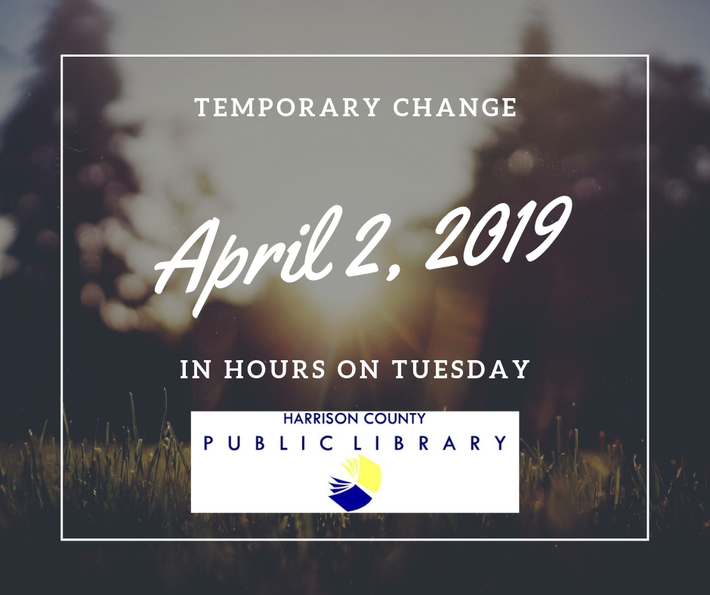Get the Facts About COVID-19 or novel coronavirus
You’ll find a lot of information about COVID-19 the novel coronavirus on the internet and the media. You will hear a lot about it even when talking with friends and neighbors. The problem is, a lot of what you might hear is wrong. As librarians it’s our job to point you to reliable sources of information. Here is some accurate information about the virus and sites where you can access up-to-date recommendations for prevention and treatment.
What is COVID-19, or novel coronavirus?
The novel coronavirus is a flu-like respiratory illness. While there are many types of human coronaviruses, COVID-19 appears to be a new disease, caused by a novel (or new) coronavirus that has not previously been seen in humans.
How does novel coronavirus spread?
Details about how this new coronavirus spreads are still being learned. Other coronaviruses spread from an infected person to others through the air by coughing and sneezing, by close personal contact such as touching or shaking hands, touching an object or surface with the virus on it and then touching your mouth, nose or eyes.
How severe is the coronavirus?
Experts are still learning about this disease. Reported cases have ranged from mild cold like illnesses to severe pneumonia that requires hospitalization. Deaths have been reported mainly in older adults who had other health issues.
What are the symptoms?
People who have been diagnosed with novel coronavirus have reported symptoms that may appear in an as few as 2 days or as long as 14 days after exposure to the virus.
Reported symptoms include:
- Sore throat
- Fever
- Cough
- Shortness of Breath
What can you do now to stay healthy?
Though the risk to the general American public is low to prevent the possible spread of the virus, you are asked to:
- Wash hands frequently with soap and water. Use an alcohol based hand sanitizer that contains at least 60 percent alcohol if soap and water are not available.
- Avoid touching your eyes, nose and mouth.
- Avoid close contact with sick people.
- Stay home and away from others if you are sick.
- Clean and disinfect objects and surfaces frequently.
- Cover your mouth and nose when you cough or sneeze.
Should I still visit my library?
If you are exhibiting flu-like symptoms, the Centers for Disease Control and other health agencies advise that you stay home. We invite you to explore everything we have to offer on our website – www.hcpl.lib.in.us. You can download eBooks and audiobooks on Overdrive and Axis360 at this link.
Here are trusted sources of information:
Centers for Disease Control and Prevention
- What You Should Know About Coronavirus Disease 2019
- How to Get Your Household Ready for COVID-19
- Guidance for Businesses and Employers
World Health Organization
- Advice for the Public(includes videos)
News and Other Websites
- AP News: Understanding the Outbreak
- Comics for Good: Comic Series on COVID-1





